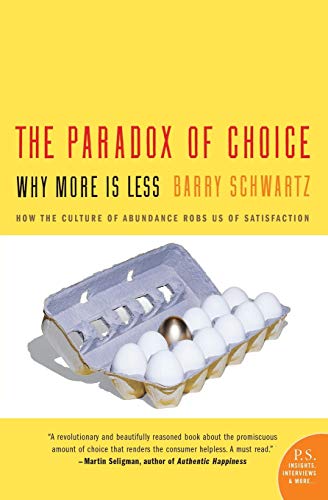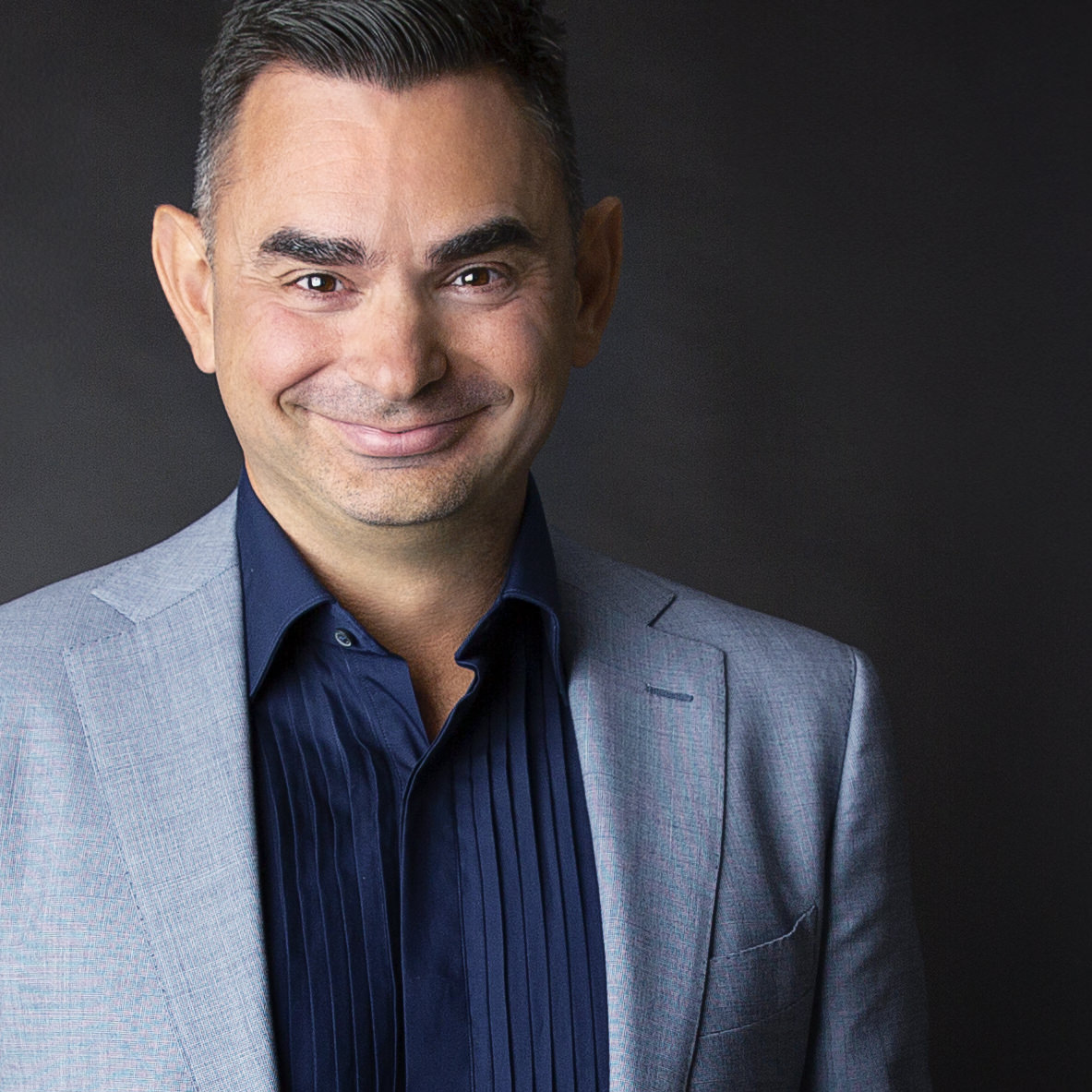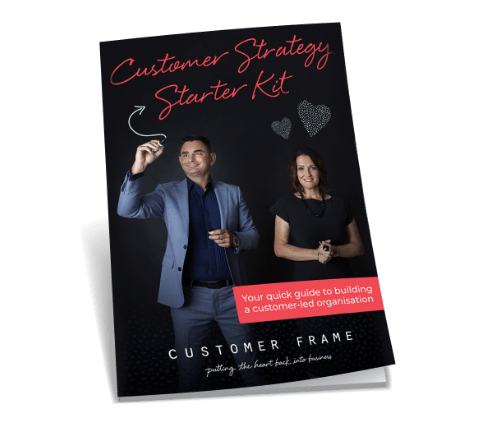
Have you ever felt overwhelmed by the number of choices available to you?
It’s one of the reasons we proactively avoid shopping for new reading glasses every year. There’s just so many! You get to that point where they all start to look the same and it makes deciding exponentially more difficult. Incidentally, it also why we’ve given up on changing paint colours at home!
From selecting a meal at a restaurant to choosing a career path, the sheer number of options we have in today’s society can be staggering. This phenomenon is known as the paradox of choice, and it has become increasingly prevalent as our world has become more complex and interconnected.
Now, step into their shoes and imagine what this could be like for your customers when they’re dealing with you. Do you provide a great range of choice, thinking it’s a good thing, but is it?
The Paradox of Choice: Why More is Less
In the book “The Paradox of Choice: Why More Is Less,” psychologist Barry Schwartz argues that while having a variety of options might seem like a good thing, it can actually lead to anxiety, indecision, and dissatisfaction.
According to Schwartz, having too many choices can make us feel like we are missing out on something better and leave us constantly second-guessing our decisions.
For example, imagine you are in the market for a new laptop. You do some research and find that there are hundreds of options available to you, each with its own set of features and specifications.

As you browse through the choices, you may start to feel overwhelmed and unsure of which laptop is the best fit for you. You may worry that you will make the wrong choice and end up with a laptop that doesn’t meet your needs or expectations.
The paradox of choice can also lead to what Schwartz calls “analysis paralysis”, where we become so preoccupied with making the perfect choice that we fail to make any choice at all. This can be especially problematic in situations where time is limited, such as when making a purchase or deciding on a course of action.
As customers: What can we do to avoid the paradox of choice?
As customers, here are some strategies that can help you navigate the complexities:
Strategy 1: Set clear criteria for decision-making
Before embarking on a search for options, take some time to consider what factors are most important to you. For example, if you are looking for a new car, you might prioritise safety, fuel efficiency, and price. By setting these criteria in advance, you can narrow down your choices and make a more confident decision.
Strategy 2: Limit your options
While having a wide variety of choices can be appealing, it may not always be necessary. Sometimes, having fewer options can actually lead to greater satisfaction because it eliminates the anxiety and indecision that can come with too many choices. For example, if you are trying to decide where to eat dinner, limiting your choices to a few favourite restaurants can make the decision-making process much simpler and less stressful.
Strategy 3: Recognise that there is no such thing as a perfect choice
Every decision comes with trade-offs, and it’s impossible to know in advance what the consequences of our choices will be. Instead of striving for perfection, focus on making a decision that meets your most important criteria and move forward with confidence.
As business leaders: What can we do to avoid the paradox of choice?
As business leaders, it’s worth reflecting these strategies back onto the offerings you make to your customers.
- Are you helping them by curating your raft of options by useful criteria?
- Are you limiting your options to the ones that make the most sense to avoid confusion and overwhelm
- And finally, are you closing the loop for your customer after they’ve made a choice, validating it for them to reduce the post-choice blues?
Master the paradox
The paradox of choice is a real phenomenon that can lead to anxiety, indecision, and dissatisfaction. By setting clear criteria for decision-making, limiting our options, and recognising that there is no such thing as a perfect choice, we can navigate the complex world of choices with greater ease and confidence.

THE AUTHOR
Peter is a global leader in transforming SMEs, large businesses + organisations through the eyes of their customers. As a customer strategy catalyst, he brings over 25 years of experience in consulting projects for both commercial + government organisations in the UK, Australia + throughout Europe.
With unrivalled global business credentials + an enviable cross-industry portfolio – American Express, Terry White Chemmart, PPQ, EFTPOS, RICOH, HMRC, Murray Regional Tourism + News Limited – he is known to be one of the founding technicians of customer-led change, with a style that is engaging + thought-provoking.




